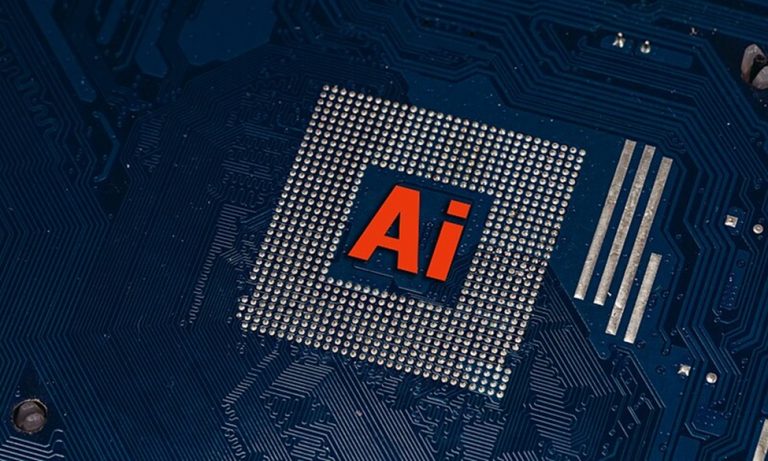
Anthropic, an AI safety and research company that’s working to build reliable, interpretable, and steerable AI systems, has announced the launch of its new AI model Claude 3.7 Sonnet.
The company disclosed that the model is a hybrid reasoning model, producing near-instant responses or extended, step-by-step thinking, describing it as the most intelligent to date.
Announcing the launch of the model, Daniela Amodei, President at Anthropic wrote on LinkedIn,
Register for Tekedia Mini-MBA edition 19 (Feb 9 – May 2, 2026).
Register for Tekedia AI in Business Masterclass.
Join Tekedia Capital Syndicate and co-invest in great global startups.
Register for Tekedia AI Lab.
“Meet our newest model, Claude 3.7 Sonnet, our most intelligent model to date and the first hybrid reasoning model on the market. Just as humans use a single brain for both quick responses and deep reflection, we believe reasoning should be an integrated capability of frontier models rather than a separate model entirely. This unified approach also creates a more seamless experience for users regardless of whether they are using our API or Claude.ai.“
Claude 3.7 Sonnet is a significant upgrade over its predecessor. In extended thinking mode, it self-reflects before answering, which improves its performance in math, physics, instruction-following, coding, and other tasks.
The newly rolled-out model shows particularly strong improvements in coding and front-end web development. Along with the model, Anthropic also introduced a command line tool for agentic coding, Claude Code. Claude Code is available as a limited research preview and enables developers to delegate substantial engineering tasks to Claude directly from their terminal.
Claude 3.7 Sonnet Different From Other Reasoning Models
With the launch of Claude 3.7 Sonnet, Anthropic disclosed that the AI model is built with a different philosophy from other reasoning models on the market.
The model embodies this philosophy in the following ways;
First, Claude 3.7 Sonnet is both an ordinary LLM and a reasoning model in one. Users can pick when they want the model to answer normally and when they want it to think longer before answering. In the standard mode, the Claude 3.7 Sonnet represents an upgraded version of the Claude 3.5 Sonnet. In extended thinking mode, it self-reflects before answering, which improves its performance in math, physics, instruction following, coding, and many other tasks.
Second, when using Claude 3.7 Sonnet through the API, users can also control the budget for thinking: they can tell Claude to think for no more than N tokens, for any value of up to its output limit of 128K tokens. This allows them to trade off speed (and cost) for the quality of an answer.
Third, in developing the reasoning models, Anthropic optimized somewhat less for math and computer science competition problems and instead shifted focus towards real-world tasks that better reflect how businesses use LLMs.
Early testing demonstrated Claude’s leadership in coding capabilities across the board. Cursor noted Claude is once again best-in-class for real-world coding tasks, with significant improvements in areas ranging from handling complex codebases to advanced tool use. Cognition found it far better than any other model at planning code changes and handling full-stack updates.
Vercel highlighted Claude’s exceptional precision for complex agent workflows, while Replit has successfully deployed Claude to build sophisticated web apps and dashboards from scratch, where other models stall. In Canvas evaluations, Claude consistently produced production-ready code with superior design taste and drastically reduced errors.
Looking Ahead
In the coming weeks, Anthropic announced plans to continually improve the model based on its usage, enhancing tool call reliability, adding support for long-running commands, improving in-app rendering, and expanding Claude’s understanding of its capabilities. The company’s goal with Claude Code is to better understand how developers use Claude for coding to inform future model improvements.
Notably, Claude 3.7 Sonnet and Claude Code marks an important step towards Al systems that can truly augment human capabilities. Their ability to reason deeply, work autonomously, and collaborate effectively, brings us closer to a future where Al enriches and expands what humans can achieve.



